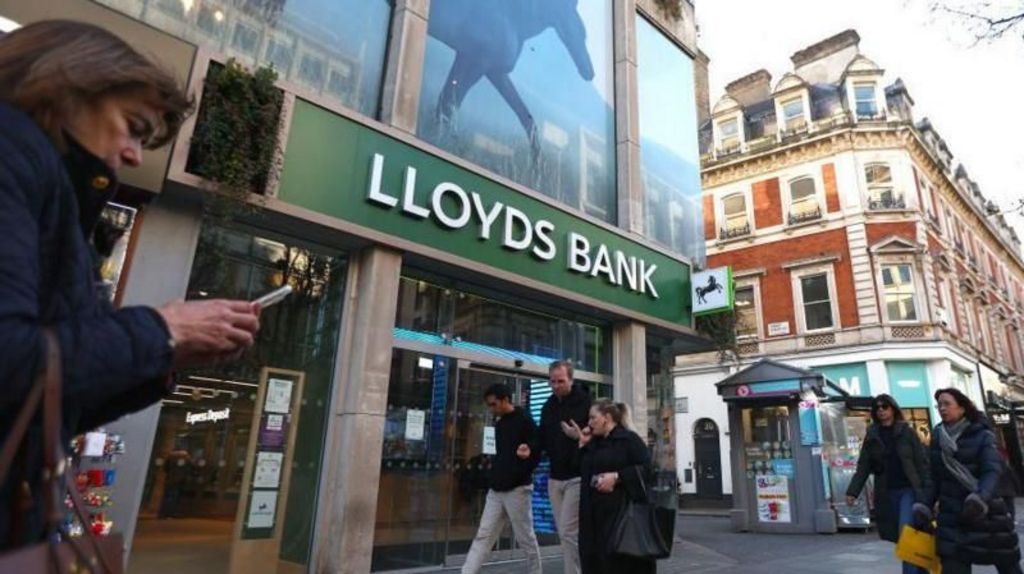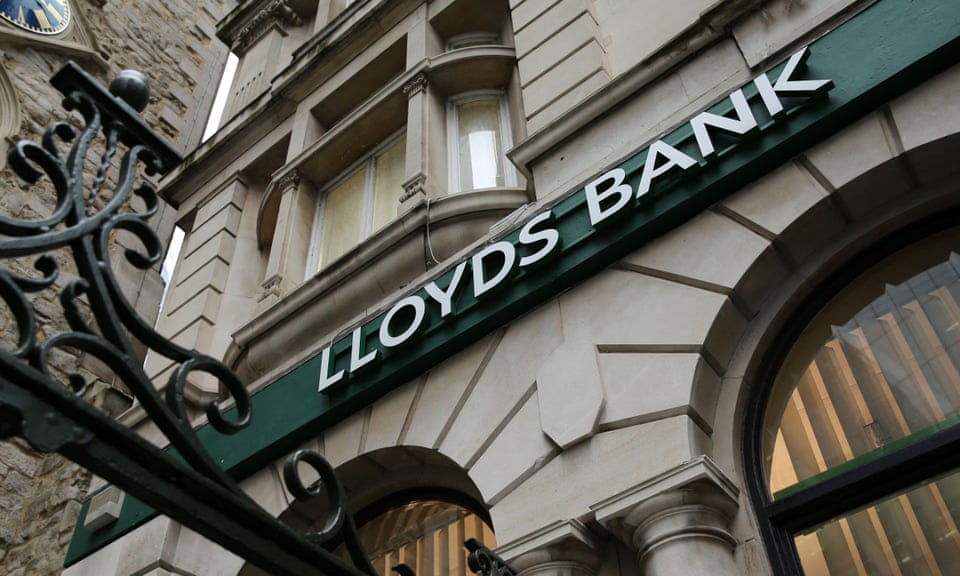Lloyds Banking Group Allocates £700 Million for Car Loan Scandal
Lloyds Banking Group's £700 million provision highlights the urgent need for transparency in car finance practices and strives to restore customer trust.

Key Points
- Lloyds Banking Group
has set aside £700 million in response to a court ruling on mis-selling practices in car finance, adding to a prior £450 million provision.
- The bank's annual profits experienced a 20% drop, underscoring the financial impact of regulatory challenges and increased operational costs.
- This provision reflects Lloyds' commitment to customer fairness while navigating a complex legal landscape, with a pivotal Supreme Court hearing on the horizon.
The financial landscape is ever-changing, and the consequences of regulatory decisions can have far-reaching impacts, as evidenced by Lloyds Banking Group's recent allocation of £700 million to address the repercussions of a significant car loan scandal. This decision underscores the group's commitment to ensuring fairness and transparency in its financial practices while providing relief to customers who may have been misled in the past. As the bank navigates these complex challenges, it is essential to unpack the background, reasons behind the provision, and the broader implications for both the banking sector and consumers.
A Changing Profit Landscape
Lloyds Banking Group reported a challenging year, with a 20% decline in annual profits, culminating in a pre-tax profit of £6 billion for 2024. This figure fell short of analysts' expectations and marked a significant drop from £7.5 billion in the previous year. The decline was attributed to a combination of factors, including lower total income, rising business expenses, and increased impairment charges.

The latest provision of £700 million, added in the fourth quarter, supplements an earlier £450 million earmarked for car finance mis-selling issues that had arisen from the
's (FCA) investigation into discretionary commissions. This proactive stance demonstrates Lloyds' readiness to address the fallout from these practices and restore customer trust.
The Court Ruling and Its Consequences
A pivotal moment leading to this provision was a court ruling stating that it was unlawful for car dealers to receive commissions from lenders without the informed consent of the customer. This decision has opened the floodgates for complaints from consumers who may have been mis-sold car finance agreements in previous years. With this context, it is clear that the £700 million provision is more than just a number; it represents support for customers who could potentially reclaim funds due to misrepresentation.
Market Reactions and Future Outlook
Following the announcement of their financial results and the additional provision, it was noteworthy that Lloyds' shares experienced a modest increase of over three percent in early trading. This response may indicate investor confidence in the bank's long-term strategies, despite short-term challenges.

Furthermore, there is a critical Supreme Court hearing scheduled for April, which may further influence the legal landscape surrounding car finance commissions. Lloyds' chief executive,
, signaled an urgent need for regional support, referring to an "investability problem" for the UK banking sector as the scandal unfolds. The banking sector is now at a crossroads, with potential implications for regulatory frameworks and the overall economic environment.
Looking Beyond the Current Crisis
While the £700 million provision may come as a setback for the bank, it also serves as an important lesson in governance and ethics within financial services. Addressing issues of mis-selling and inadequate transparency not only benefits consumers but can also foster a more stable banking environment. Banks are now called to adhere to heightened standards of operation to avoid such pitfalls in the future.
Moreover, Lloyds is concurrently progressing through a robust £4 billion investment plan aimed at modernizing its operations. This balancing act between addressing past issues while fostering innovation encapsulates the challenges and responsibilities of contemporary banking institutions.
The provision of £700 million is emblematic of Lloyds Banking Group's commitment to rectify past mistakes while fostering a culture of accountability and transparency in the industry. By setting aside these funds, the bank is not only preparing for potential payouts but is also illustrating a renewed dedication to customer fairness. As the banking sector faces scrutiny, it is crucial that institutions take proactive steps toward ethical practices and transparent communication to rebuild trust among consumers and investors alike.


